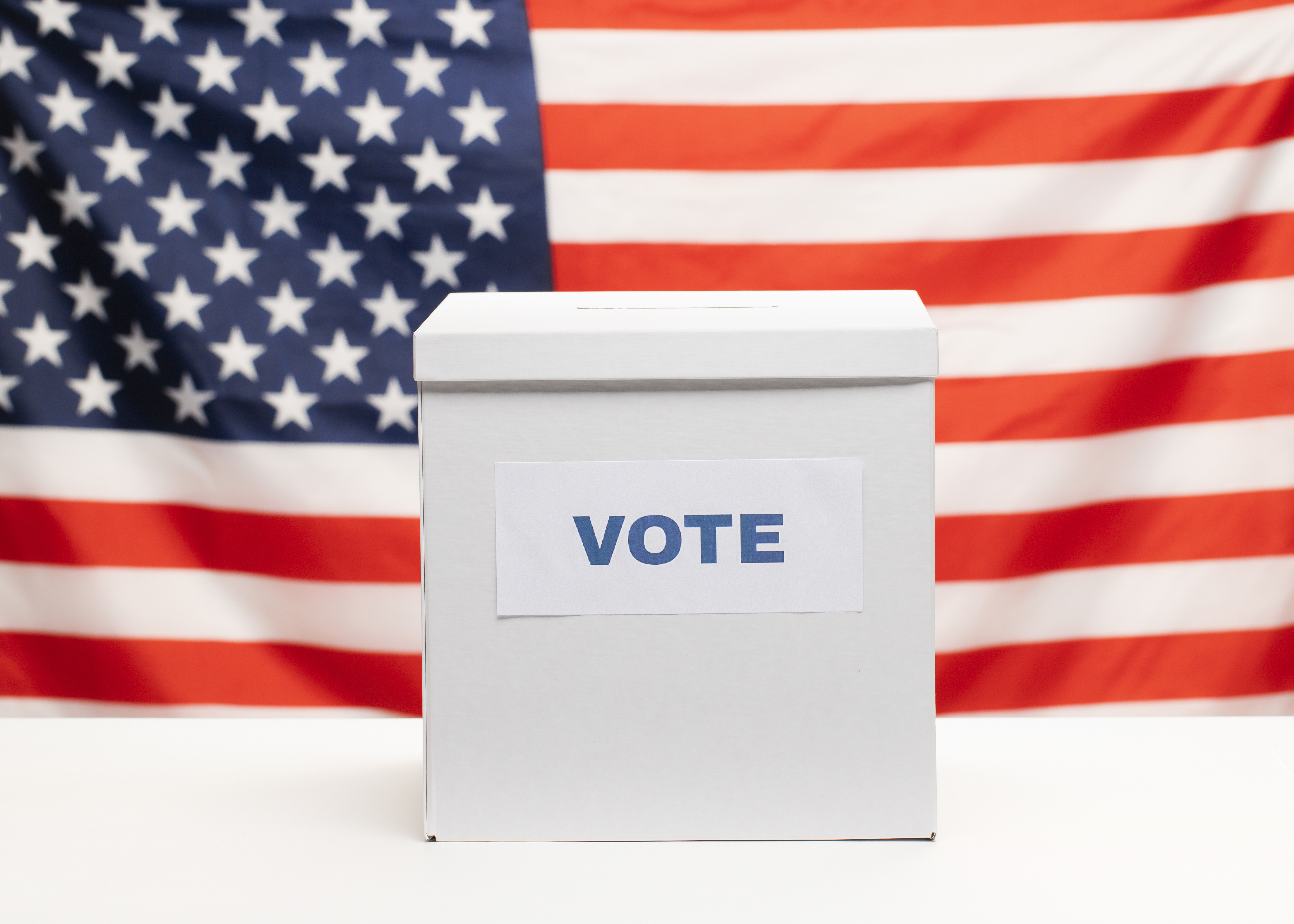Blog post of Democrats and Republicans both worry about foreign misinformation campaigns.
A new GW Politics Poll shows bipartisan worry about misinformation’s effects on U.S. politics. Eight out of 10 Americans say made-up news and information will mislead “average Americans.” Both Democrats and Republicans worry that it will undermine social trust, affect election outcomes, lead to bad policy decisions, undermine confidence in media, and make compromise difficult.
There are few partisan differences in worries about misinformation – except with respect to its effects on journalism. 60% percent of Democrats but only 47% of Republicans say that misinformation makes it harder for journalists to do their jobs.
Democrats and Republicans alike say foreign governments, foreign individuals and groups, members of the public, and political leaders produce "some" or "a lot" of misinformation. However, there are some differences in how the two parties’ supporters define the source of the problem. Republicans are much more likely to see journalists as a source of misinformation (92% of Republicans versus 50% of Democrats). Democrats are more likely to say foreign disinformation campaigns will influence voters in the 2020 election.
Other Results
- 43% approve of the job President Trump is doing.
- 16% approve of the way Congress is handling its job.
- Only 37% of Americans say things in the country today are headed in the right direction.
- More than 6 in 10 Republicans want to see their leaders in Washington move in a more conservative direction; only 37% of Democrats want to see their leaders move in a more liberal direction.
- Republicans are less likely than Democrats to say the ability of news organizations to freely criticize political leaders is important for maintaining a strong democracy – 75% of Republicans and 92% of Democrats say this is somewhat or very important.
About the Poll
The GW Politics Poll is managed jointly by GW's School of Media and Public Affairs, Graduate School of Political Management and Department of Political Science. YouGov, a respected leader in online polling, conducted the academic, nonpartisan research poll for GW.
The nationally representative survey of 1,200 U.S. adults was fielded February 3 to February 14 by the firm YouGov. The survey concluded before the recent news reports about possible Russian meddling in the 2020 election.
Explore the Data
Media Requests
Jason Shevrin: jshevrin![]() gwu [dot] edu, 202-994-5631
gwu [dot] edu, 202-994-5631
Timothy Pierce: tpie![]() gwu [dot] edu, 202-994-5647
gwu [dot] edu, 202-994-5647


